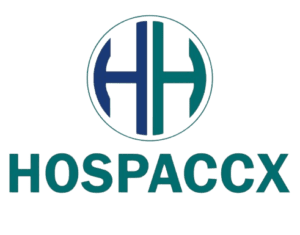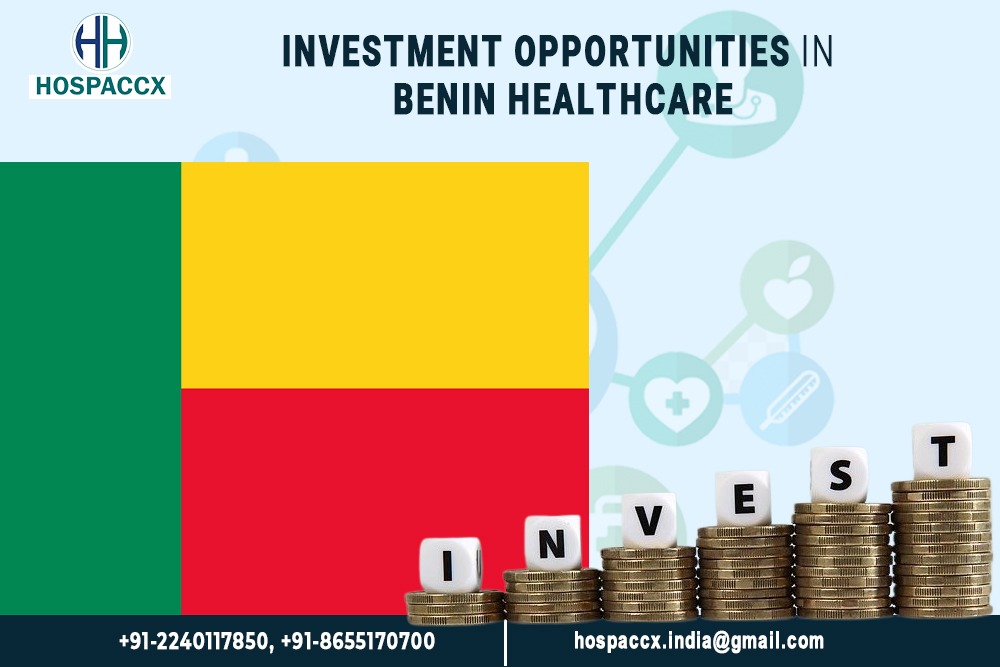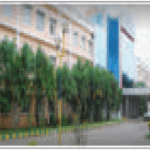Benin and its economy
Over the last ten years, Benin’s economy has proven as one of the growing economies with an annual growth rate of 5.1%. However, because of a lack of economic diversification and structural change, the economic growth of the country is still unstable.
Benin’s economy is expected to grow by 6.5% in 2022. It is one of the highest growth rates in the sub-Saharan African region without endangering the nation’s general economic stability. Benin’s economy is ranked 81st in terms of economic freedom in the 2022 Index, with a score of 61. Benin has sustained strong economic growth over the last five years, with a compound annual growth rate of about 5%.
Government Initiatives
The Beninese administration is aggressively working to enhance the economic climate and the allure of the nation for international investment. To streamline the investment inquiries, Benin established the Agency for the Promotion of Investments and Exports. The government has been taking various initiatives to reduce the disease burden in the country. Following are the initiatives taken by government: –
THE BORGEN PROJECT
Thousands of individuals across Benin are impacted by hunger. The majority of the 11.2 million people that make up the Republic of Benin’s population, according to the World Food Programme, reside in rural regions. Nearly 10% of them experience food insecurity. Benin, however, also serves as an example of some of the achievements that national governments and international organisations have made when working with Benin’s leadership to bring about constructive change. The NGO -The Hunger Project and USAID, the U.S. Agency for International Development, are two important participants in Benin’s fight against hunger.
PRESIDENT’S MALARIA INITIATIVE (PMI) –
Malaria is endemic to Benin and is the main cause of illness and death in adults and children under 5years of age. With assistance from PMI and partners, widespread implementation of artemisinin-based combination treatments (ACTs) and intermittent preventive therapy for pregnant women (IPTp) started in Benin in 2007 and has since advanced quickly. Rapid diagnostic tests, ACTs, and IPTp are now being used in certified private clinics as well as public health institutions across the country. Through widespread and on-going distribution methods, more than 6 million durable insecticide-treated nets have been provided.
Proposed actions follow national and PMI strategies, rely on the best data available, and were developed in conjunction with the National Malaria Control Program (NMCP) and the stakeholders. The investments proposed by PMI complement and expand upon those made by the Beninese government as well as other donors and partners.
HIV-
Western and Central Africa, where 5 million people living with HIV, is not on track to eradicate AIDS by 2030. Only 2.6 million of the 5 million individuals living with HIV are receiving treatment, and more than 760 new HIV infections occur in the area every day. One of the largest issues in the area continues to be lowering the incidence of new HIV infections among children and ensuring that mothers have access to the care they require.
Health ministers and other officials of countries in the area agreed to enhance government leadership, make structural reforms to their health systems, and increase accountability during a conference on the fringes of the 70th World Health Assembly to support the catch-up plan.
As the nation’s carry out their strategies for expanding access to HIV treatment, WHO and UNAIDS will continue to collaborate with them.
The US$ 50 million financing for community health and nutrition –
In terms of community health and nutrition, Benin has made some progress towards achieving the target with 16.9% of infants having low birth weight. But very less progress has been made in achieving the target of stunting and wasting, for this a project called the US$ 50 million financing for community health and nutrition is undertaken in Benin. The signing of the project was done on 1st September 2021 by Tashkent, Republic of Uzbekistan, the Islamic Development Bank and the government of Benin. The agreement titled “Closing Gaps: Community Health, Human Resources and Nutrition”. Project aims to improve accessibility to primary health care and enhance care giving to the most vulnerable communities in Benin with special focus on mothers and young children. It also contributes to achievement of Sustainable Development Goals in Benin, aligning specifically to the goal of achieving universal health coverage (SDG3) by 2030 in the country. This validates the investment opportunities in Benin that other countries may have in the future which will help in development and implementation of nutrition Strategy and contribute towards strengthening the district health information system.
Healthcare Market since the emergence of COVID-19
Covid-19 has impacted various industries nationally and internationally in an unexpected way. The disease quickly moved around the world, deeply disrupting essential economic activities including healthcare. From a health perspective, Benin seems to have fared better than many countries during Covid-19 pandemic. In April 2020, the World Bank Group board of directors approved $10.4 million from IDA to support Benin in the fight against COVID-19. It has also assisted Benin with preventive measures such as equipping the isolation centres, training health workers and rapid response teams and purchasing masks, laboratory testing kits, ventilators, thermal cameras and emergency medical equipment and material. It also helped construct, outfit, and equip five treatment centres.
In addition, 13 laboratories were equipped, including one mobile unit and 89 screening centres, as well as for the purchase of personal protective equipment for health personnel and the acquisition of nine fully equipped ambulances for the safe transport of critically ill patients. This gave Benin the opportunity to recover from the pandemic and also attract a greater number of investors.
benin health care system
Public and private health sector
Current health expenditure per capita in Benin is 29 US$. The budget for public health expenditure will be increased by 0.7% of GDP to allow for the purchase of medical equipment and the construction of health facilities.
The existence of a private health sector in Benin is a relatively new development that is quickly growing as a result of several factors including accelerated urbanization and poor access to quality of public services. With 50% of the population expected to be urban or semi-urban over the coming years, the demand for health services is likely to increase significantly. It is expected that the public sector will not be able to respond to the growing demand in the urban and semi-urban areas. This may result in the growth of private health care facilities operated by modern providers as well as traditional healers. With rising urbanization, there is increasing recognition of the private sector as an important player in Benin’s health sector.
Additionally, the private health sector has significant untapped potential to speed up the progress towards expanding the population’s access to health care. In an environment in which the majority of the population has little or no access to healthcare insurance, the existence of mutual health organizations (MHOs) has also increased in Benin since 2001 with the support of bilateral (France, United States, Belgium, Switzerland, and Denmark) and multilateral (ILO) agencies. In 2008, there were approximately 135 MHOs in the country. This will open door for investment in the Benin’s healthcare sector.
Driving factors to invest into the Benin healthcare industry
Pharmaceuticals
The fight against fake medicines is a growing concern on the African continent. Recently in Benin, 100 fake medicine traders were caught. And this led to no longer selling of medicines on street. This gave other countries to take the example of Benin. Thus, according to the United Nations database on the International trade, Benin imported Pharmaceutical products worth US$146.51 Million during 2021. This shows that Benin is a growing market in the pharmaceutical sector and there is no harm in saying that investing in this sector will give a high ROI.
Medical equipment
The medical devices and equipment represent a significant proportion of national health care expenditure. The government plans to purchase new medical equipment, including for the first time two Magnetic Resonance Imaging (MRI) scanners for health facilities under its control, as part of its PAG. Prospects to sell U.S. medical equipment to Benin exist if interested parties have good business partners. Private clinics may be important for clients for use of medical equipment.
Health Insurance
The constitution of Benin establishes health as a human right. In addition, the right of health for every citizen is emphasized in the Growth and Poverty Reduction Strategic Document, from which the national health policy document originated. In line with the goal of achieving UHC, the National Health Insurance Scheme/policy, commonly known as RAMU (Regime d’Assurance Maladie Universelle) was officially launched in December 2011 in a pilot phase. The basic principles of the RAMU are the Universal health coverage and Contributory approach, National solidarity and Responsibility and involvement of the government and Equity and Participatory management.
The government of Benin has established the Insurance for Strengthening Human Capital (ARCH) project. The project aims to achieve four major reforms including health insurance to support the realisation of UHC in the country. The Africa Collaborative for Health Financing Solutions (ACS) equally deployed the Health Insurance-ARCH (AM-ARCH) component in support of Benin’s quest to achieve UHC. The objective of ACS is to provide high quality health services to the entire population of Benin. AM-ARCH is in its pilot phase and offers free health insurance to the part of the population that is extremely poor in three health zones that were identified as the most vulnerable. Thus, the ministry of health is responsible for the design and implementation of all these activities.
Conclusion
Though Benin is one of the poorest countries, it is striving to become a developing country. The country is facing many challenges in the healthcare sector currently. But country can overcome these challenges in various ways such as getting external financial help, attracting investors, and introducing new government policies. Recently many nations are also investing in Benin for the sustainable socio-economic prosperity of the country. This will help in creating a lasting positive change in the country’s health sector to help people live longer and happier lives and set the foundation for the next generation to thrive and reach their full potential. In the coming years with an increase in awareness of the use of technology and a gradual increase in market size, it will surely achieve its goal of universal health coverage.
For more information about the Country and Healthcare opportunities in Benin, you can visit the company website on www.hospaccxconsulting.com or contact us directly.
Related Team Members










